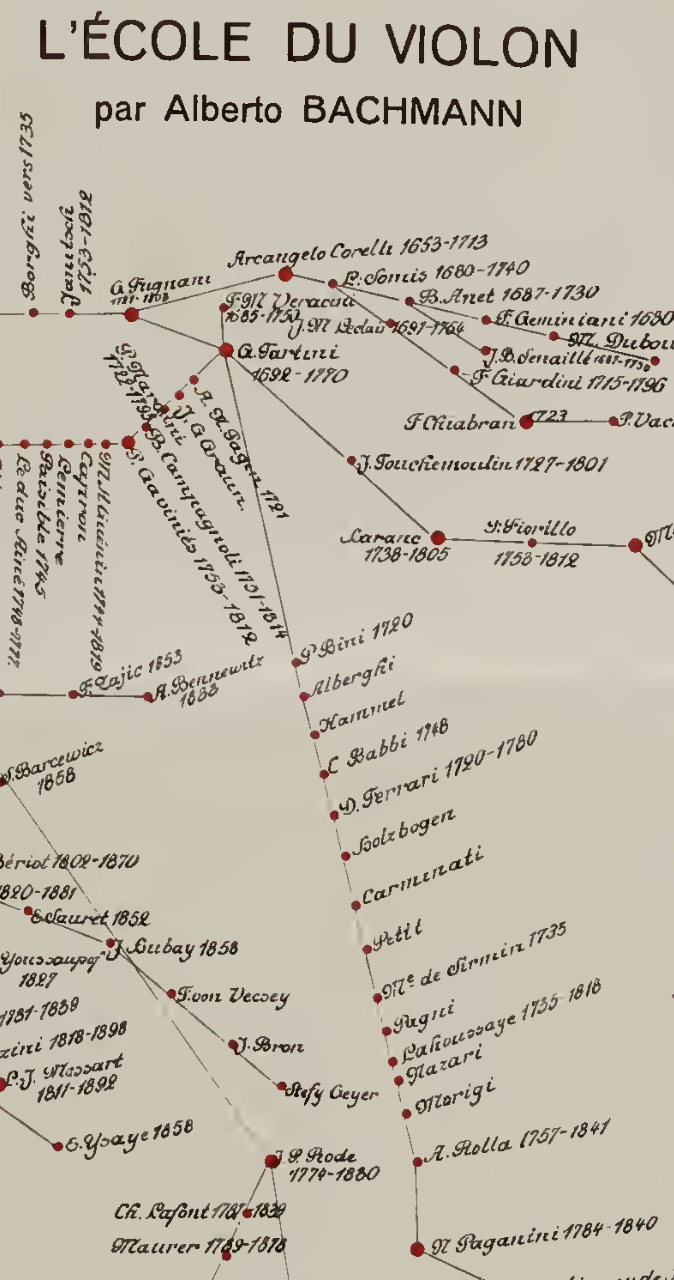Tartini and the School of Nations: a European network
While Giuseppe Tartini is already well researched as a virtuoso violinist, composer and music theorist, his innovative contributions to instrumental pedagogy remain largely in the dark. In this project, his "Scuola delle Nazioni" from Padua in the 18th century with over 100 pupils from all over Europe will be systematically analysed for the first time. Tartini's training model enabled musicians to successfully integrate into different cultural and professional contexts throughout Europe and thus characterised numerous musical exchange processes of the time.
Tartini's "Scuola" will be analysed in the project on the basis of the European patronage systems between Tartini, his pupils and their patrons, through an analysis of his didactic materials and their reception, as well as on the basis of the dissemination of the music composed by his pupils through copyists and the publishing industry in the second half of the 18th century.
The project aims to create a digital platform that links biographical data, archival finds and digital editions of Tartini's pedagogical materials in the sense of a network-like exchange structure of 18th-century musical Europe. In this way, the careers of Tartini's pupils and the musical genres that they spread and promoted throughout Europe on the basis of their training in Padua can be visualised.
The international team of researchers from Austria, Germany and Switzerland as well as numerous international cooperation partners are organising workshops, historically informed concerts and joint teaching events. This has resulted in several English-language academic publications. By highlighting Tartini's cosmopolitan legacy, the research questions nationalistic music-historical narratives about the institutionalisation of music education at the end of the 18th century and highlights his "Scuola" as a significant and lasting example that also influenced subsequent generations.
